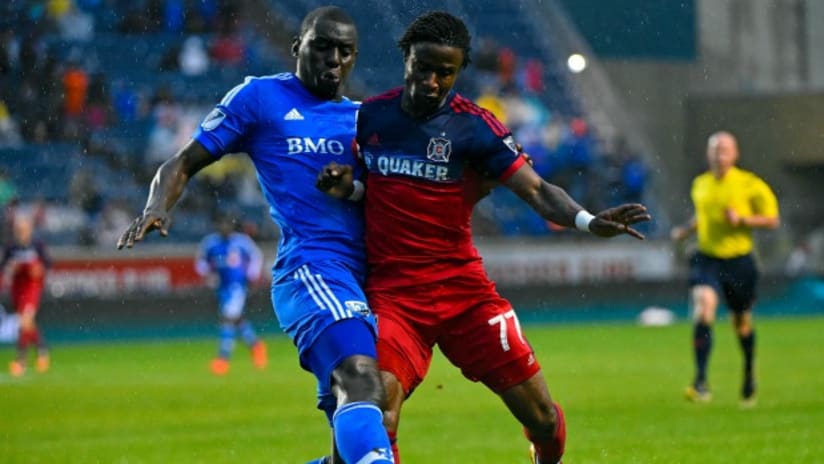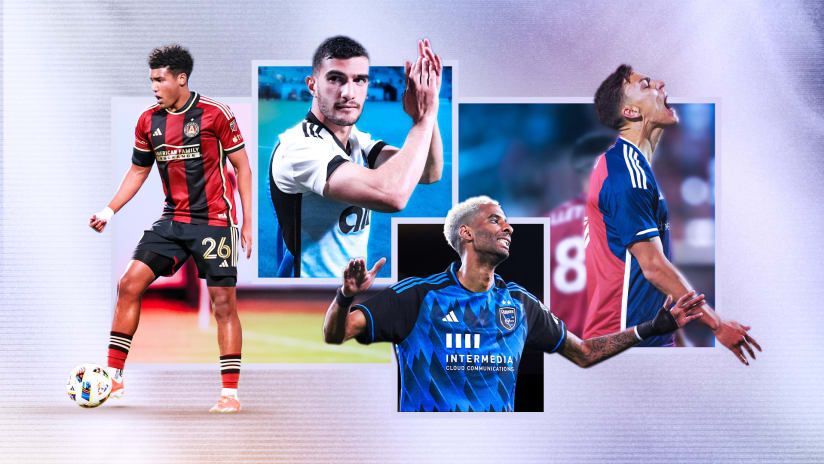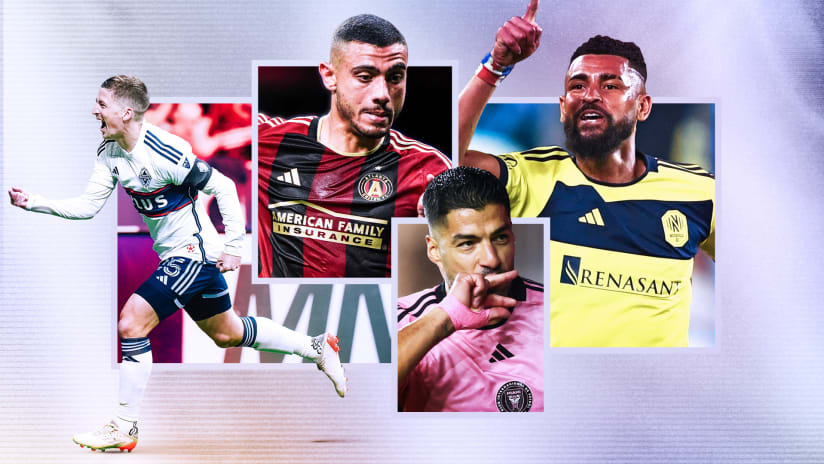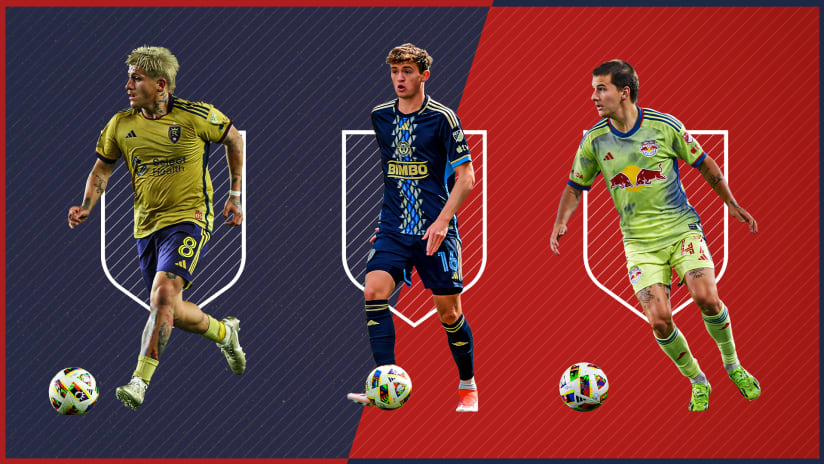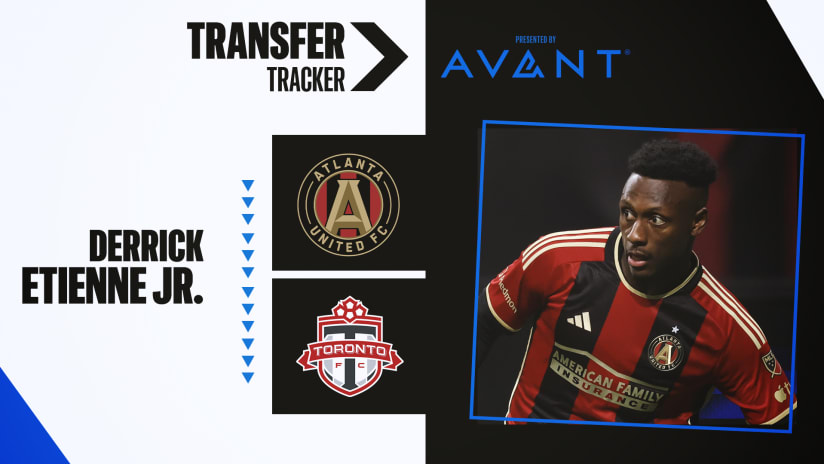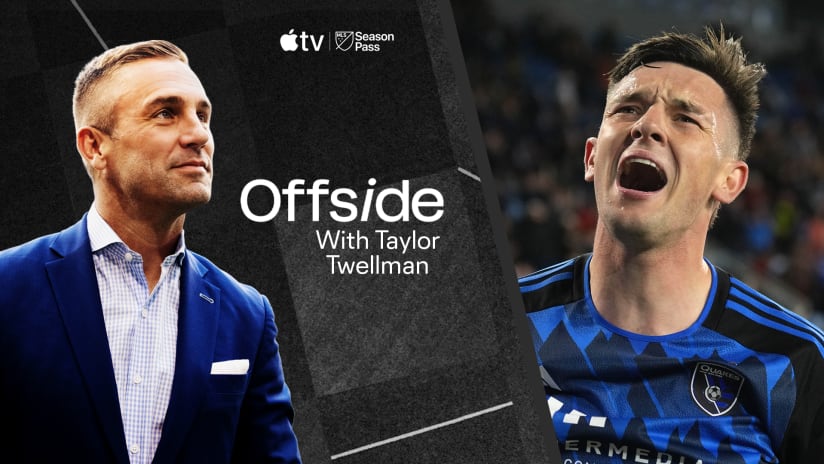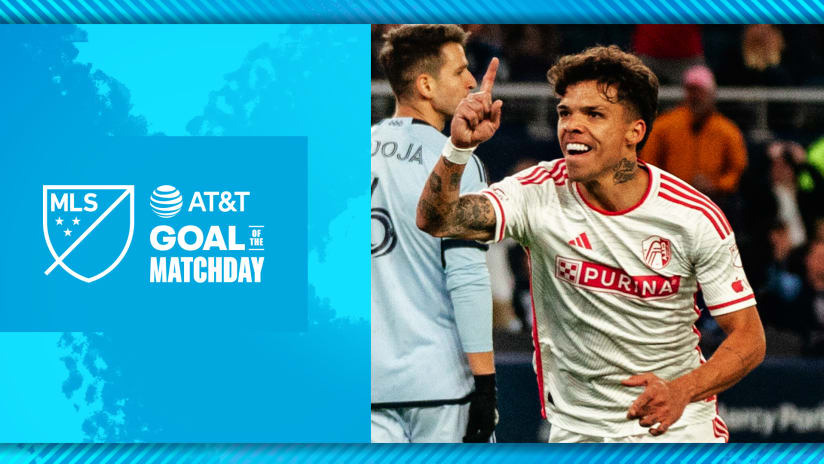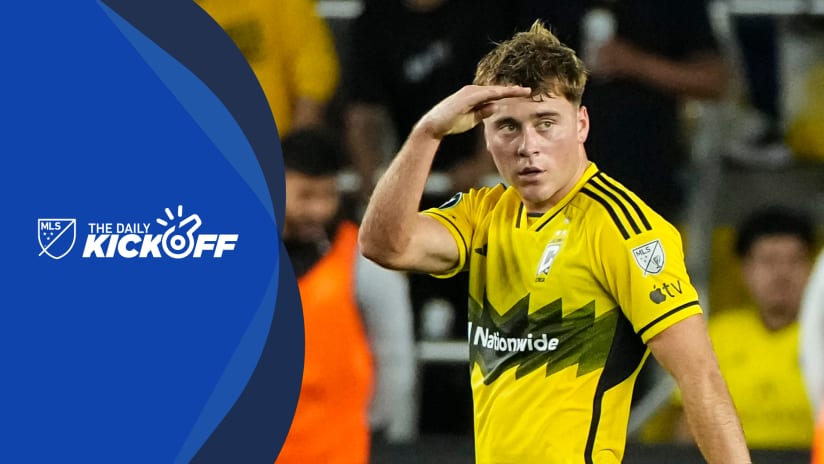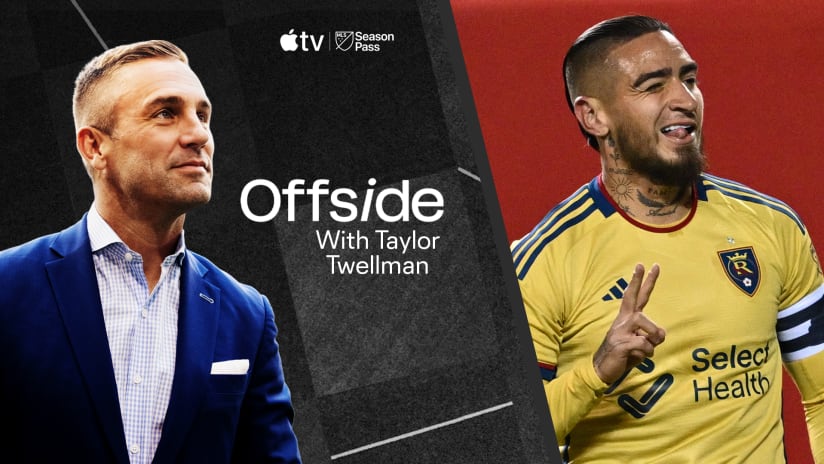MONTREAL – From the start of 2015, the Montreal Impact have believed they have enough attacking talent to succeed. So far, they've been proven right, ranking in the top half of Major League Soccer in goals per game.
Defense, however, has been another story. Montreal rank last in MLS in goals allowed per game, and that combination has them, for the moment, outside the playoff picture looking in.
Through 11 MLS games, Montreal have conceded 18 goals, recording only one shutout – a 0-0 tie at New England Revolution on March 21. Adding CONCACAF Champions League and Canadian Championship stats to the mix only produces two more clean sheets: a 2-0 win against Alajuelense on March 18 and a 1-0 win against Toronto FC on May 6, both at home.
When Montreal lost 3-1 at New York City FC last Saturday, it was the third time this season that they had conceded three in a game in MLS play.
“The one thing we keep talking about is the goals that we give up,” head coach Frank Klopas told reporters earlier this week. “[Trailing] 1-0 [at NYCFC was okay], even though the first half wasn’t a good performance as far as decision-making on the ball goes. We are going to get chances and score. It was a matter of keeping it clean and of focus and concentration, because we’ve been giving up way too many goals, and I think it’s got to stop.”
The good thing is that, from Montreal's perspective, the issue is undoubtedly rectifiable.
The Impact feel most goals conceded have come from shooting themselves in the foot, rather than opponents breaking them down. Only last Saturday, Wandrille Lefèvre painted himself into a corner before Kwadwo Poku created the second goal for Mix Diskerud, and Patrice Bernier cleared the air instead of the ball on the third, Poku’s first career goal in MLS.
“It’s more a matter of individual defensive mistakes, marking mistakes, concentration mistakes,” center back Bakary Soumare said. “Everyone has to be focused for 90 minutes and avoid defensive mistakes. From then on, we can hope for game sheets with zeros on them.”
Added fullback Ambroise Oyongo: “It’s not that the opponent is too strong. It’s that we are giving up goals. The coach is fixing all of this. In the next games, I think that, if everyone makes an effort – because it’s not just about the defense; the first defender is the forward – then we’ll be able to not concede.”
- Find more Montreal news at ImpactMontreal.com
While Oyongo has only been with the team for a month, Lefèvre echoed the same thoughts. Last season, Lefèvre would hear and read analyses arguing that Montreal had issues with their defenders (their 58 goals allowed tied for 16th out of 19 teams). He was unconvinced. For Lefèvre, there has always been more to the Impact’s leaky defense than merely the back four.
“I think that the start of this season is proving me right, insofar as the defenders aren’t the same as last year, and yet the issue remains,” Lefèvre said. “We’re conceding fewer goals than last year, but the issue, in principle, remains. It's not about the four at the back. When we defend, we all defend. It's about the forward up top, and it goes all the way to Evan [Bush, Impact goalkeeper] at the back. It’s about a way of moving as a block, to be more united, to be more compact.”

